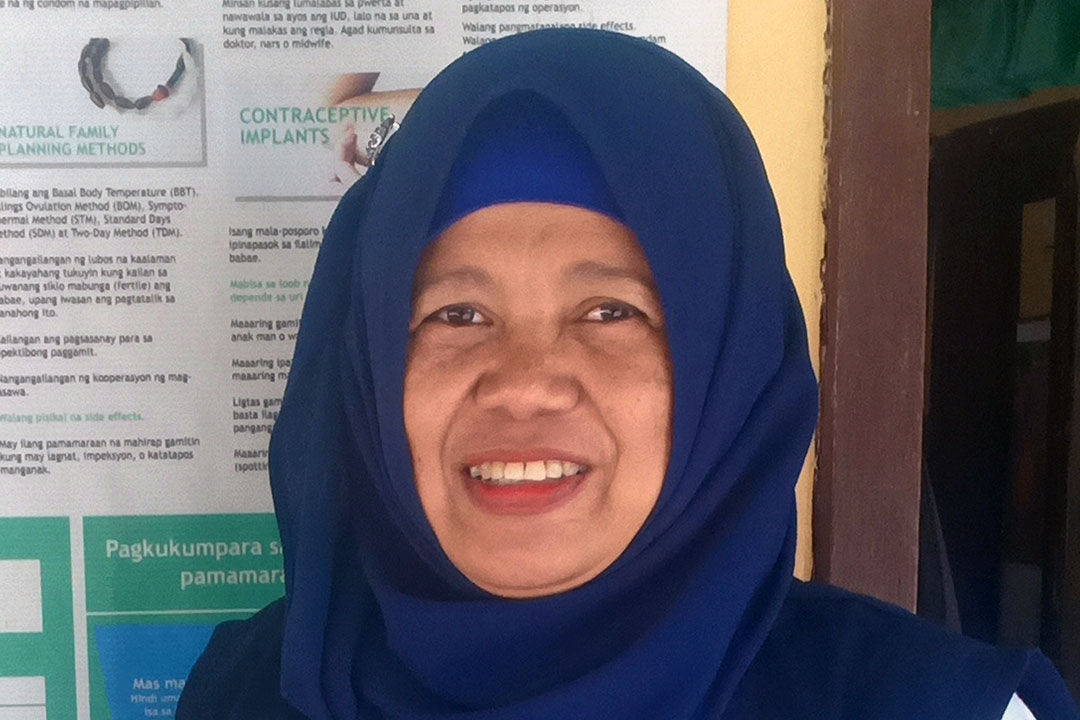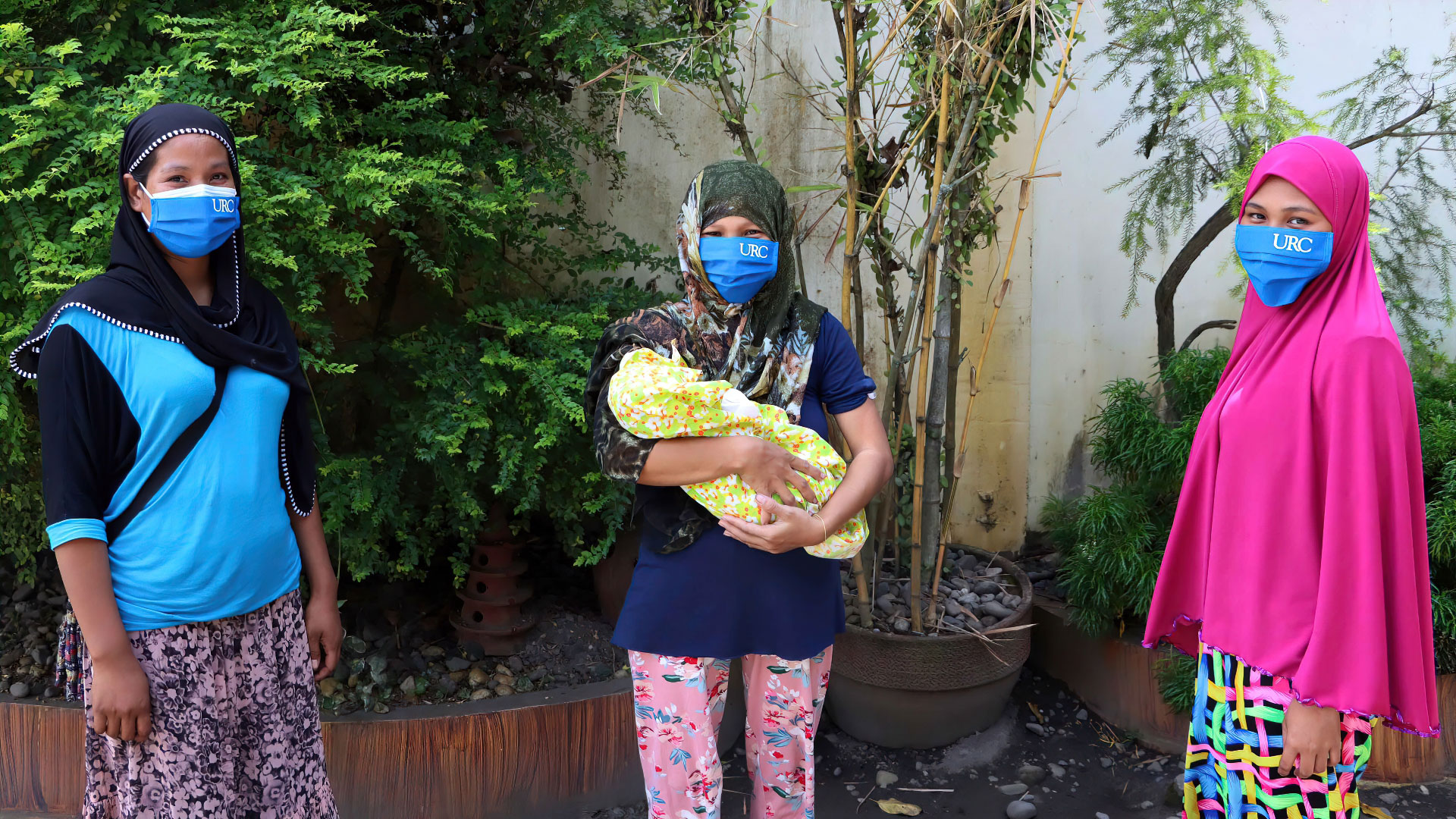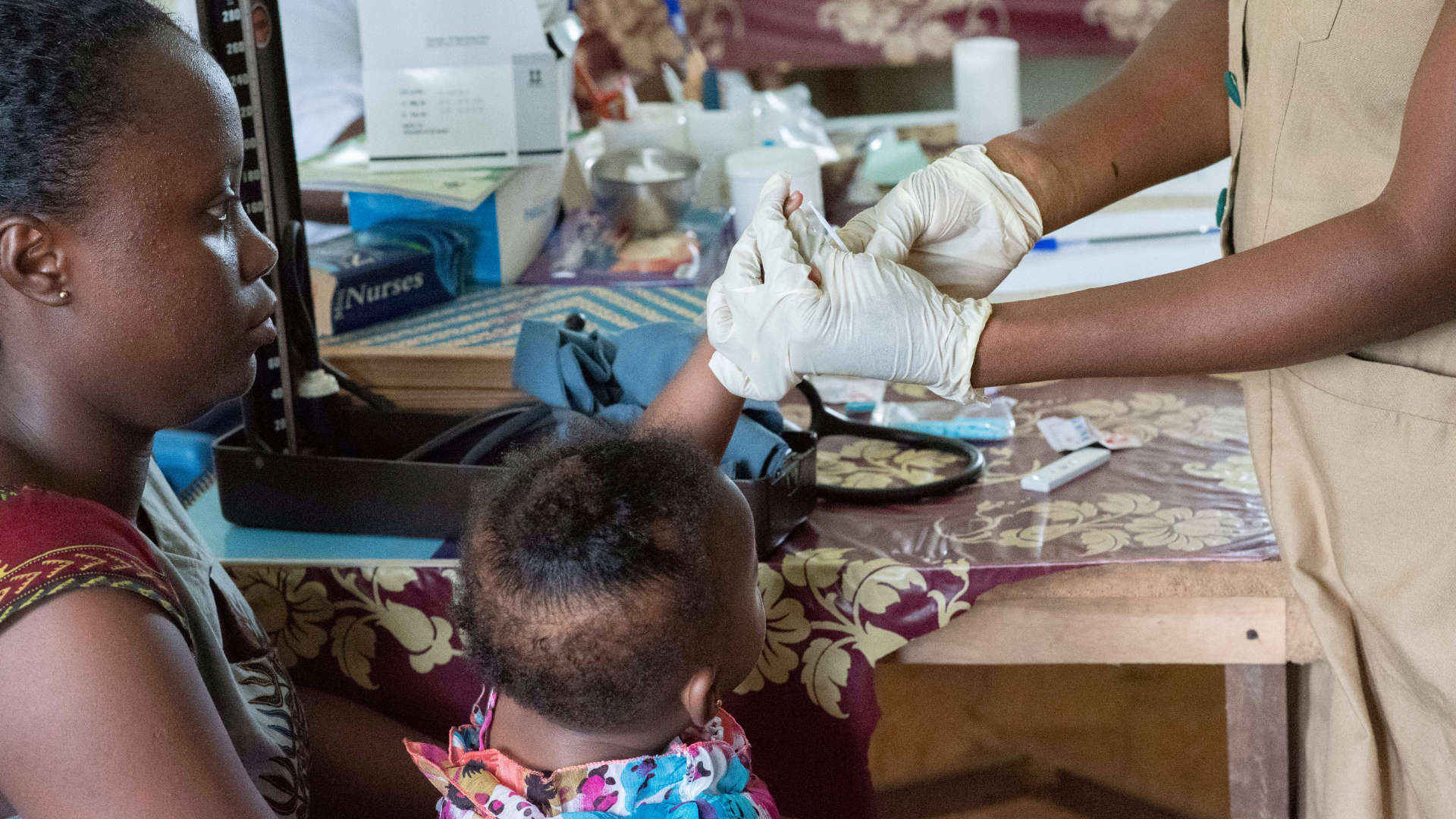For decades URC has worked with national programs to advance efforts to combat infectious diseases including tuberculosis (TB), HIV, malaria, and other emerging and reemerging diseases. URC-led programs have strengthened health systems by developing polices, standards, guidelines, and the capacity of facility and community health workers to support surveillance of and rapid response to infectious disease prevention and control. In particular, our work with ministries of health and national TB programs has helped improve surveillance of deadly pathogens and strengthened laboratory systems to minimize the spread of disease. These same measures can bolster a country’s ability to respond to COVID-19.
“Our capacity-building efforts have equipped health workers with the ability to carry out information dissemination campaigns and public health emergency plans now relevant for COVID-19,” said Carlos Cuéllar, URC Executive Vice President. Efforts focused on case-finding and surveillance for influenza-like illnesses, training, and equipping rapid-response teams, tracing the contacts of infected persons, and adapting educational materials for health workers, all will assist in confronting the novel coronavirus.
Using Existing Platforms to Prevent COVID-19
USAID, health authorities from the Bangsamoro Autonomous Region in Muslim Mindanao (BARMM), and URC’s USAID-funded BARMMHealth Project in the Philippines are pulling resources together to combat COVID-19.
BARMMHealth is working with the Philippine Department of Health to capitalize on existing partnerships and communications channels to include messages about COVID-19 prevention. Messaging platforms such as Viber, WhatsApp, Facebook chats, and virtual meetings have been tapped to disseminate information about the outbreak with as wide an audience as possible to prevent the spread of COVID-19 in the region.
The project is taking advantage of existing venues such as Usapan sessions (Usapan is Tagalog for conversation) to include COVID-19 topics. These facilitated group discussions provide instruction to community members about family planning, adolescent youth reproductive health, and now COVID-19 precautions. A recent session in Madulum, Lanao del Sur, covered preventative measures such as cough etiquette and proper handwashing.
Staff from BARMMHealth met with 65 municipal health officers and public health nurses to share the Department of Health’s updated clinical decision tool addressing how to triage patients with possible COVID-19 infection at ports of entry to the province. The information will help health workers develop standard operating procedures for responding to COVID-19.
In Basilan, the project joined the Joint Provincial Peace and Order Council, the Provincial Disaster Risk Reduction and Management Council, and a local health board meeting to discuss COVID-19 preemptive measures, the procurement of thermal scanners and other vital supplies, and ways to strengthen the COVID-19 information campaign.
URC will continue to maximize all possible project platforms to minimize the spread of the disease and improve local and global responses to this and other emerging health threats, including diseases like COVID-19.



